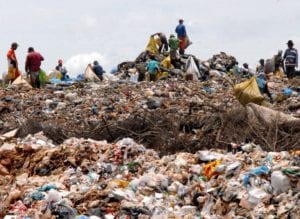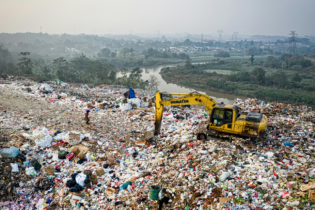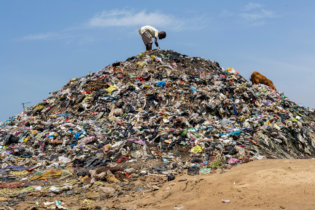Anton Bredell, the Western Cape MEC for local government, environmental affairs, and development planning, recently stated that a waste crisis was imminent if the country did not start thinking differently.
According to Bredell, the only way to avoid a waste crisis would be through good planning, sustainable interventions and an investment in engineering. Averda South Africa Managing Director Johan van den Berg agrees that current thinking needs to change.Under-pricing hinders innovation
“There is a tendency for consumers to prioritise cost over all other considerations when enlisting the services of a waste management provider. This has led to serious under-pricing in the industry which is hindering innovation.” According to Van den Berg, South Africa’s waste management industry is plagued by unlicensed or unscrupulous providers who can charge less for services because they operate with little regard for negative environmental, health or social consequences.The prevalence of these vendors means that larger compliant companies have to drive down prices in order to compete. This reduces their ability to invest in alternatives which would promote the development of sustainable cities.







